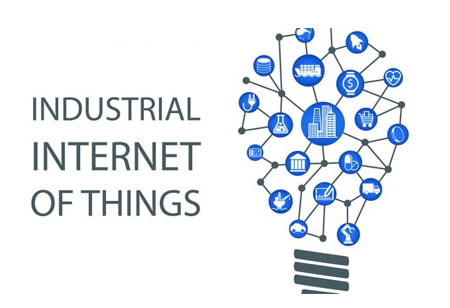THANK YOU FOR SUBSCRIBING
Key Blockchain Tech Trends to Watch out for in 2021
Blockchain technology has the potential to close the poverty gap in a variety of ways, including increasing financial inclusion, reducing corruption, and establishing formal systems of property rights in countries where there are no accessible

By
Apac CIOOutlook | Wednesday, August 25, 2021
Stay ahead of the industry with exclusive feature stories on the top companies, expert insights and the latest news delivered straight to your inbox. Subscribe today.
Blockchain technology has the potential to close the poverty gap in a variety of ways, including increasing financial inclusion, reducing corruption, and establishing formal systems of property rights in countries where there are no accessible records detailing who owns the assets – thereby influencing global wealth.
FREMONT, CA: Blockchain technology is advancing at a breakneck pace. Although it all began with cryptocurrencies, there is no end to the number of industry solutions that use DLT technology, including those in the medical, financial, and educational domains, among many others.
It all comes down to trust and the immutability of the data in the chain. Will these parameters, however, continue to promote the sector's growth?
Looking at the current state of development in the blockchain space, here are some predictions about how blockchain will evolve and what the landscape might look like in 2030.
Improved Standards of Living
More than 2 billion people remain unbanked and have no access to financial services, resulting in significant disparities in living conditions.
Blockchain technology has the potential to close the poverty gap in a variety of ways, including increasing financial inclusion, reducing corruption, and establishing formal systems of property rights in countries where there are no accessible records detailing who owns the assets – thereby influencing global wealth.
Why is financial inclusivity the most evident benefit of blockchain technology? Because the unbanked population may be paid in bitcoins, they no longer need to rely on centralized banks to open a bank account or gain access to banking services.
The absence of a formal system of property rights reduces the value of assets and denies owners the capacity to utilize their goods as collateral to acquire credit or as a credential to benefit from public services. Blockchain technology is here to change that.
Decentralized Access to Assets
Value-generating assets that were previously only available to individuals with extensive financial resources can now be made available to all, thanks to blockchain technology's ability to tokenize those assets on a global scale. For example, to buy a luxury hotel, one must borrow huge sums of money from a financial institution and accept an upfront risk.
Anyone can now become a partial owner of a revenue-generating asset thanks to the tokenization of large-scale assets.
Blockchain is enabling tokenization at every level; for example, famous NBA players are converting their sport contracts into digital tokens.





